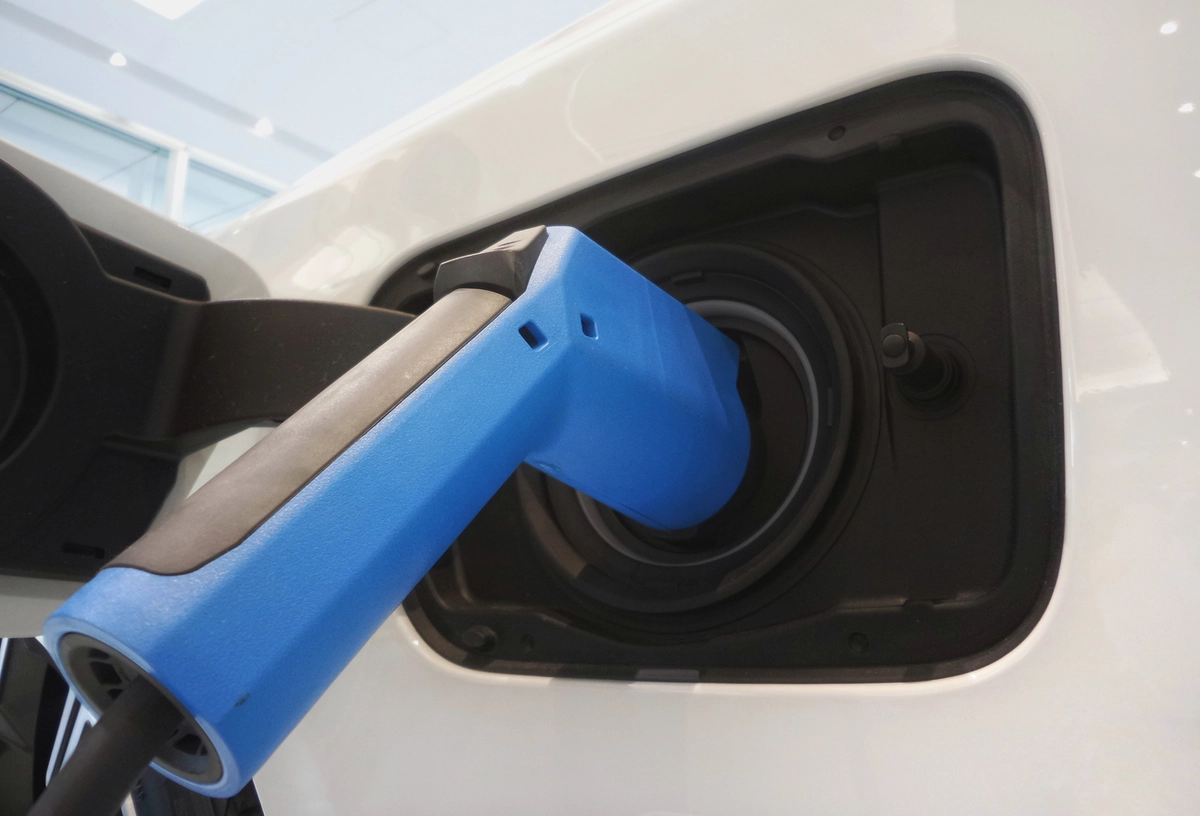Ford F-150 Lightning electric pickup is not great for the environment

This isn't a Ford F-150 Lightning charging port, but it is the charging port for another electric vehicle. Photo by Possessed Photography on Unsplash
From Bloomberg magazine and its podcast The Big Take: The Not So Shiny Aluminum in Ford’s New Electric Truck.
This is both a podcast episode, and an article about a Norsk Hydro ASA-owned mine in the Brazilian Amazon. Norsk Hydro ASA is being sued for polluting the water supply and fish stocks near the mine.
It's kind of a depressing tale. Ford's electric pickup requires 682 pounds (about 309.35 kilograms) of aluminum in every truck. Aluminum, of course, is a lighter-weight alternative to steel. Less weight means that you don't need as much power to propel the truck. I can't imagine how much damage a steel F150 Lightning would do to a driveway or residential street over time, let alone how much larger the battery (or cluster of batteries) would need to be.
Aluminum is refined from bauxite ore. Brazilian bauxite ore is found in the Amazon rainforest. To mine it, you need to chop down some trees and then strip away the topsoil. Not only does the process take out existing trees, but the ground probably can't support replacement trees if they even bothered to replace them. Seems great for the climate, right?
Switching to an electric vehicle means that your car will generate less pollution when you drive it. That's a clear good. But at what cost? Aluminum production, like most metal production, leaves behind toxic residue that makes its way into the drinking water and food supply of people who live nearby. In some cases, as described in this article and episode, metal production also sends carbon emissions and particulate matter into the air. And again: deforestration turns the Amazon rainforest from a carbon sink into a carbon source.
I've said it before: not everything climate-friendly is environmentally friendly. So while the F-150 Lightning is better for the climate than its gas-powered alternative, perhaps we should choose electric vehicles that use less material overall.